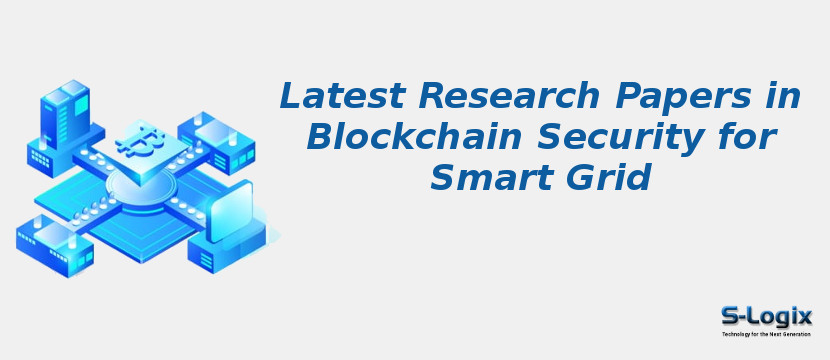Blockchain security for smart grid research explores how decentralized ledger technology can protect critical power infrastructure by ensuring secure, transparent, and tamper-resistant energy transactions and data exchanges. Studies in this area investigate applications such as decentralized energy trading, secure demand–response management, privacy-preserving smart metering, and reliable communication between distributed energy resources. Blockchain’s immutability and consensus mechanisms are leveraged to prevent attacks like data tampering, energy theft, false data injection, and denial of service, which threaten grid stability. Researchers also analyze how smart contracts can automate billing, peer-to-peer energy trading, and grid balancing while maintaining trust among stakeholders. Challenges such as scalability, latency, interoperability with legacy systems, and energy efficiency of consensus protocols are widely addressed, with proposed solutions including lightweight consensus algorithms, consortium blockchains, and integration with edge/fog computing. Overall, this body of research highlights blockchain’s role in building secure, transparent, and resilient smart grid ecosystems for sustainable energy management.
